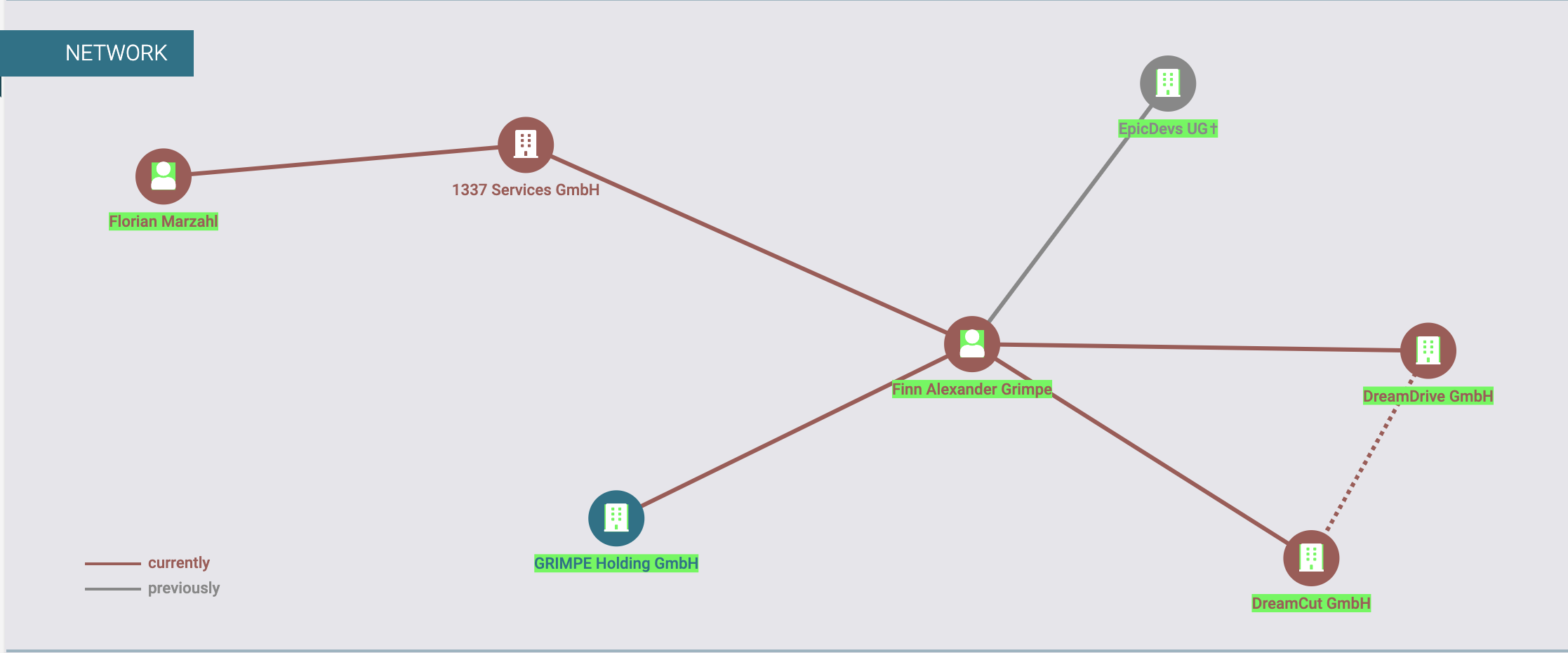$42 Billion Broadband Grant Program May Scrap Biden Admin's Preference For Fiber
An anonymous reader quotes a report from Ars Technica: US Senator Ted Cruz (R-Texas) has been demanding an overhaul of a $42.45 billion broadband deployment program, and now his telecom policy director has been chosen to lead the federal agency in charge of the grant money. "Congratulations to my Telecom Policy Director, Arielle Roth, for being nominated to lead NTIA," Cruz wrote last night, referring to President Trump's pick to lead the National Telecommunications and Information Administration. Roth's nomination is pending Senate approval. Roth works for the Senate Commerce Committee, which is chaired by Cruz. "Arielle led my legislative and oversight efforts on communications and broadband policy with integrity, creativity, and dedication," Cruz wrote. Shortly after Trump's election win, Cruz called for an overhaul of the Broadband Equity, Access, and Deployment (BEAD) program, which was created by Congress in November 2021 and is being implemented by the NTIA. Biden-era leaders of the NTIA developed rules for the program and approved initial funding plans submitted by every state and territory, but a major change in approach could delay the distribution of funds. Cruz previously accused the NTIA of "technology bias" because the agency prioritized fiber over other types of technology. He said Congress would review BEAD for "imposition of statutorily-prohibited rate regulation; unionized workforce and DEI labor requirements; climate change assessments; excessive per-location costs; and other central planning mandates." Roth criticized the BEAD implementation at a Federalist Society event in June 2024. "Instead of prioritizing connecting all Americans who are currently unserved to broadband, the NTIA has been preoccupied with attaching all kinds of extralegal requirements on BEAD and, to be honest, a woke social agenda, loading up all kinds of burdens that deter participation in the program and drive up costs," she said. Municipal broadband networks and fiber networks in general could get less funding under the new plans. Roth is "expected to change the funding conditions that currently include priority access for government-owned networks" and "could revisit decisions like the current preference for fiber," Bloomberg reported, citing people familiar with the matter. Congress defined priority broadband projects under BEAD as those that "ensure that the network built by the project can easily scale speeds over time to meet the evolving connectivity needs of households and businesses; and support the deployment of 5G, successor wireless technologies, and other advanced services." The Biden NTIA determined that only end-to-end fiber-optic architecture meet these criteria. "End-to-end fiber networks can be updated by replacing equipment attached to the ends of the fiber-optic facilities, allowing for quick and relatively inexpensive network scaling as compared to other technologies. Moreover, new fiber deployments will facilitate the deployment and growth of 5G and other advanced wireless services, which rely extensively on fiber for essential backhaul," the Biden NTIA said (PDF). Read more of this story at Slashdot.

Read more of this story at Slashdot.













































































